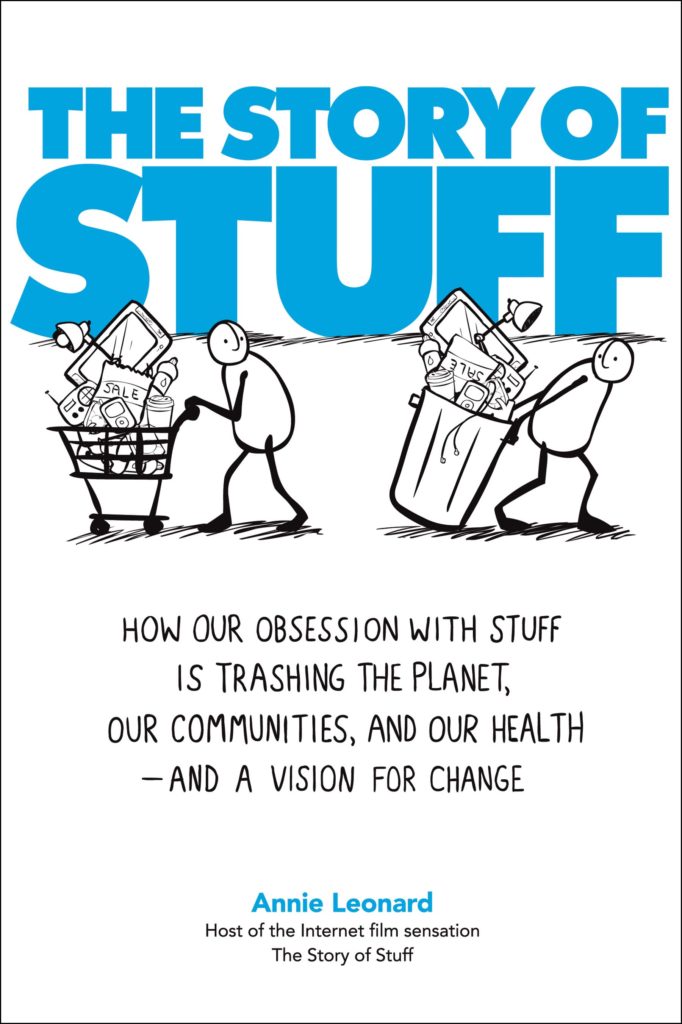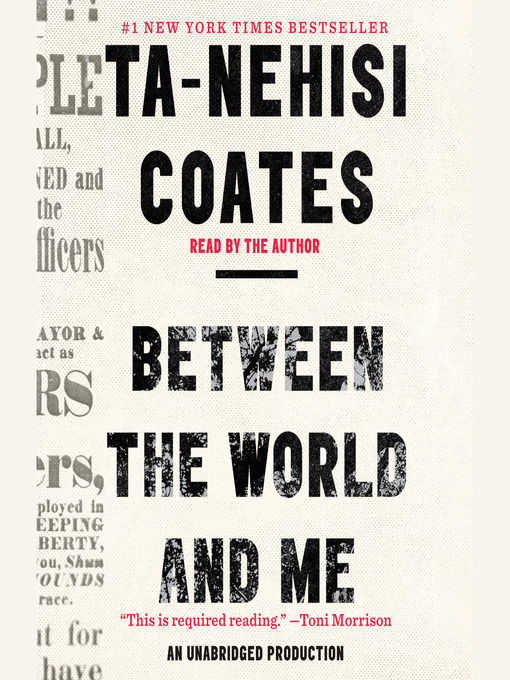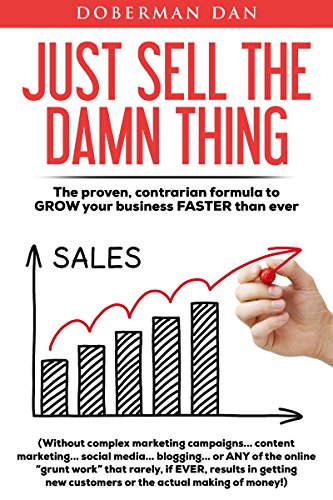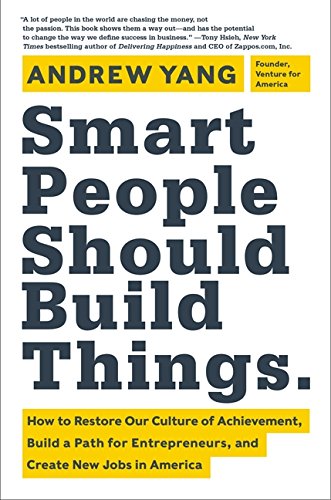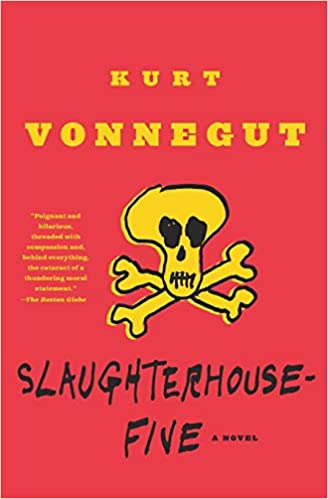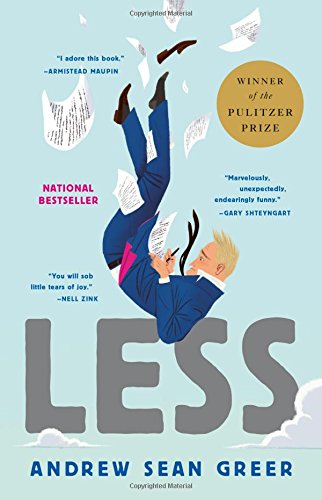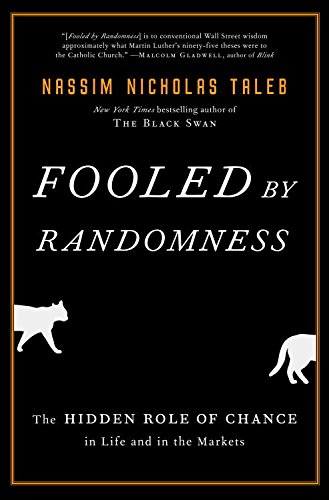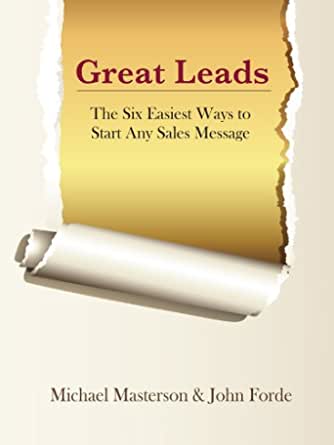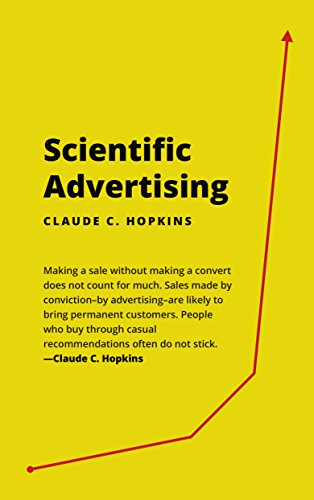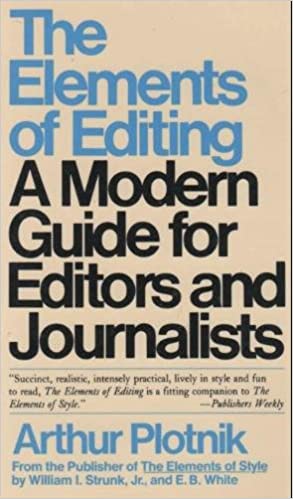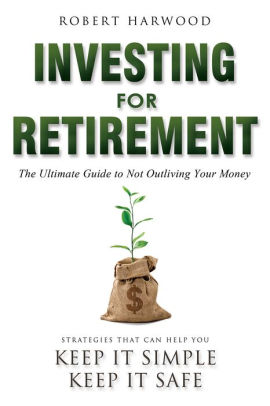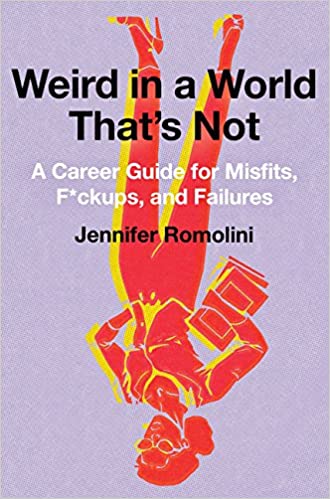I’ve been recapping my reading like this for nine (!) years now. Find previous years’ lists here: 2012, 2013, 2014, 2015, 2016, 2017, 2018, 2019.
I seem to write this annually, but this year I really mean it when I say: I read nowhere near as much as I expected to the past 365 days.
Chalk it up to screen fatigue, a sometimes uninteresting book selection, or a desire to do anything but sit around the house further, I seem to have hit a consistent ~2 book/month ceiling in 2020.
That said, one of my goals for 2021 is to actually read less—or at least stop trying to read so broadly. At times I desire erudition so much that I end up force-feeding myself books that I don’t actually have any kind of inherent interest in. This not only slows my reading pace, but kills the joy of reading itself.
This will also probably be the last year I do this. Although I enjoy looking back on my notes from the year and remembering—for at least a little bit—all that was already forgotten, the amount of work this post takes to complete is now disproportionate to the amount of fun I get out of it.
I’d much rather devote all my future “free play” time to a large, multi-year, life’s work-type of project I will be launching in 2021 (why yes that is a teaser).
If you’re still curious about my reading, let’s connect on Goodreads—I’d love to see what you’re getting into.
Take care and read well.
Indistractable by Nir Eyal
1) We can tackle distraction among friends the same way we beat social smoking, by making it unacceptable to use devices in social situations. Prepare a few tactful phrases—like asking, “Is everything OK?”—to discourage phone usage among friends.
The Story of Stuff by Annie Leonard
2) Humanity needs to undertake the much bigger and harder task of changing the way the system works. That way everyone, even those individuals too busy or too tired or too clueless to care, can still end up making low-impact choices—because that’s the new default option.
Between the World and Me by Ta-Nehisi Coates
3) America understands itself as God’s handiwork, but the black body is the clearest evidence that America is the work of men.
Salt Fat Acid Heat by Samin Nosrat
4) There’s a case to be made for serving food warm or at room temperature rather than blazing hot. Researchers posit that excessive heat impairs our ability to enjoy the flavor of food. Besides burning our taste buds, hot food is harder to taste. The perception of taste decreases when a food’s temperature rises beyond 95F. While some foods, such as many pasta dishes and fried fish, suffer if they’re not served immediately after coming out of the pan, most others are more forgiving.
Just Sell the Damn Thing by Doberman Dan
5) When people pay for information and/or advice, there’s a high predisposition to use it. But… when the exact same information is given away free… the same quality, same quantity, same everything as the paid information… its perceived value is darn near ZERO and it’s dismissed. Almost immediately.
Utopia for Realists by Rutger Bergman
6) Poor people have an analogous problem. They’re not making dumb decisions because they are dumb, but because they’re living in a context in which anyone would make dumb decisions. Questions like What’s for dinner? and How will I make it to the end of the week? tax a crucial capacity. “Mental bandwidth,” Shafir and Mullainathan call it. “If you want to understand the poor, imagine yourself with your mind elsewhere,” they write. “Self-control feels like a challenge. You are distracted and easily perturbed. And this happens every day.” This is how scarcity–whether of time or of money–leads to unwise decisions. There’s a key distinction though between people with busy lives and those living in poverty: You can’t take a break from poverty.
Smart People Should Build Things by Andrew Yang
7) A Kauffman Foundation study published in 2011 concluded that because financial instruments have become more complex, “the [financial] industry now focuses its recruiting on new master’s- and doctoral-level graduates of science, engineering, math and physics, and pays them starting wages that are five times or more what they would have earned had they remained in their own fields. Because these new hires are often the very individuals who otherwise would have comprised the most robust pool of prospective founders of high-growth companies, the financial services industry’s steady rise has had a cannibalizing effect on entrepreneurship in the U.S. economy.”
Slaughterhouse Five by Kurt Vonnegut
8) He had a tremendous wang, incidentally. You never know who’ll get one.
Less by Andrew Sean Greer
9) “Strange to be almost fifty, no? I feel like I just understood how to be young.” “Yes! It’s like the last day in a foreign country. You finally figure out where to get coffee, and drinks, and a good steak. And then you have to leave. And you won’t ever be back.”
The Sinful Seven by Jason Kirk, Richard Johnson, Spencer Hall, Alex Kirshner
10) Less than a century after Theodore Roosevelt bullied some academics into making football less lethal, that player-safety organization (the NCAA) had become a basketball megabrand whose rulebook shielded both itself, and its associated football megabrand, from paying labor.
Fooled by Randomness by Nassim Nicholas Taleb
11) Say you own a painting you bought for $20,000, and owing to rosy conditions in the art market, it is now worth $40,000. If you owned no painting, would you still acquire it at the current price? If you would not, then you are said to be married to your position. There is no rational reason to keep a painting you would not buy at its current market rate—only an emotional investment. Many people get married to their ideas all the way to the grave. Beliefs are said to be path dependent if the sequence of ideas is such that the first one dominates.
The Works by Kate Ascher
12) Until the early 1990s, New York City dumped its sewage, initially raw and subsequently processed—into the ocean at two sites. The first was only 12 miles off the coast of New Jersey, in water depths of 88 feet.
The Americanization of Benjamin Franklin by Gordon S. Wood
13) Franklin was part of this radical chic from the beginning. The French aristocrats were prepared for Franklin, and they contributed greatly to the process of his Americanization. They helped to create Franklin the symbolic American. In this sense Franklin as the representative American belonged to France before he belonged to America itself. Because the French had a need of the symbol before the Americans did, they first began to create the images of Franklin that we today are familiar with—the Poor Richard moralist, the symbol of rustic democracy, and the simple backwoods philosopher.
Great Leads by Michael Masterson
14) More aware and already engaged customers tend to respond better to direct leads. Less aware or skeptical customers tend to respond better to indirect leads.
I Will Teach You to Be Rich by Ramit Sethi
15) If someone buys a house for $250,000 and sells it for $400,000 twenty years later, they think, “Great! I made $150,000!” But actually, they’ve forgotten to factor in important costs like property taxes, maintenance, and the opportunity cost of not having that money in the stock market. The truth is that, over time, investing in the stock market has trumped real estate quite handily—which is why renting can be a great decision.
Scientific Advertising by Claude C. Hopkins
16) Don’t think of people in the mass. That gives you a blurred view. Think of a typical individual, man or woman, who is likely to want what you sell. Don’t try to be amusing. Money spending is a serious matter. Don’t boast, for all people resent it. Don’t try to show off. Do just what you think a good salesman should do with a half-sold person before them.
The Elements of Editing by Arthur Plonk
17) An author’s greatest fear is to appear, as a result of revision, less than brilliant. The good editor convinces authors that without revision their genius will be obscured.
The Trial by Franz Kafka
18)xx
The Greatest Salesman in the World by Og Mandino
19) Never will I labor to be happy; rather will I remain too busy to be sad.
Stillness is the Key by Ryan Holiday
20) It’s not enough to be inclined toward deep thought and sober analysis; a leader must create time and space for it.
Investing for Retirement by Robert Harwood
21) One way to keep up with inflation is to invest in things that tend to go up in price with inflation—sectors such as gas, electricity, health care, and food.
Midnight’s Children by Salman Rushdie
22) We all owe death a life.
Weird in a World That’s Not by Jennifer Romolini
23) Stop Vacillating between “I Am Garbage” and “I Am God” This is annoying. And it’s exhausting. All these self-esteem swings are tuckering you out. You don’t need to be one or the other. You’re in the middle. Everyone is. Even Kanye. Moderate your ego. Do your best. Seek out new opportunities. Don’t be afraid to take risks. Some days you will feel good about your work, some days you will feel bad, but all days you are fundamentally the same. Ground yourself so you don’t crave constant validation, so that every accomplishment or positive reinforcement, every negative comment or rejection, doesn’t redefine who you are. Call your grandma. Do something kind. Think about someone else for a while. That will help.



